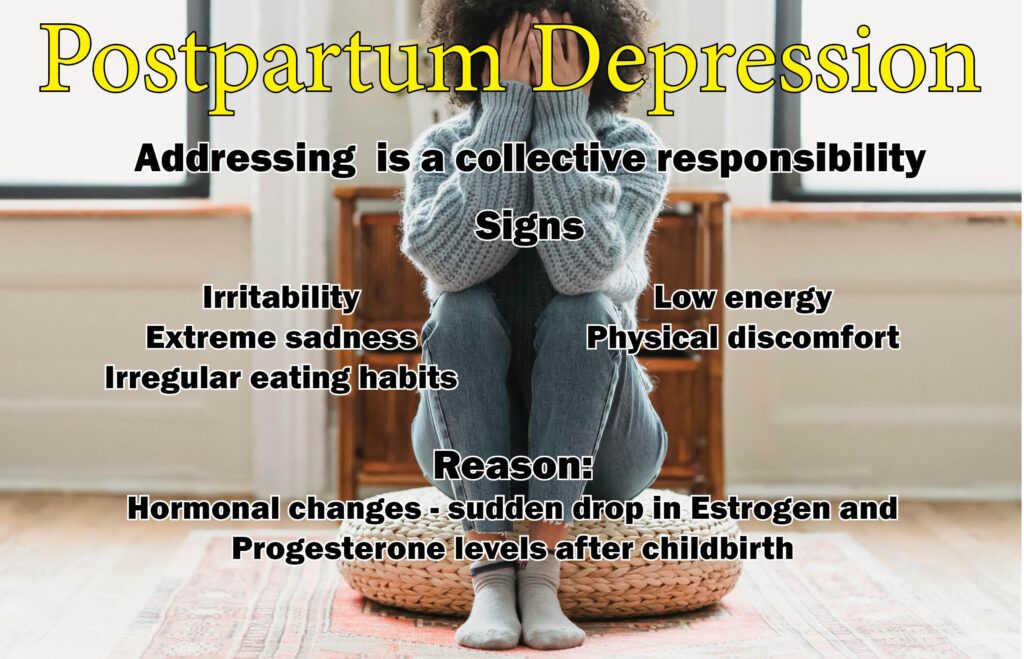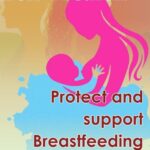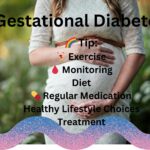Postpartum depression of mother – Wondering why your new baby is not making you happy? This happens because of sudden drop of oestrogen and progesterone hormones level after delivery, which will be higher during pregnancy.


Birth of a child is one of the most beautiful moments in the life of a couple. However, there are often unnoticed cases of depression which occurs in parents (mostly mothers) post the birth. This condition is known as Postpartum Depression. The condition is often confused with baby blues. Baby blues occurs in mother’s post-delivery due to the hormonal imbalance in their bodies. Postpartum depression on the other hand is more long term and serious condition.
Postpartum Depression is characterized by a number of symptoms which includes irritability, extreme sadness or frustration, irregular eating habits, low energy, feeling moody or restless, physical aches including frequent headaches, trouble over bonding with the baby and also doubts about the ability to take care of the baby. The onset of postpartum depression usually takes place between two to three weeks after pregnancy although there are cases where it starts right after birth and certain case where it starts month before or after the birth. If untreated, it can last for months or years which can endanger the lives of both the mother and the child.
Not all of the symptoms are exhibited by the parents who are under postpartum depression. The symptoms can vary from person to person and it is important to visit the doctor in order to properly assess and diagnose the condition. In mothers, hormonal changes during and after pregnancy is one of the main cause which leads to Postpartum Depression. The levels of oestrogen and progesterone are higher in women during the time of pregnancy and the sudden drop of these hormones after giving birth causes this condition.
While usually mothers can develop PPD, fathers can also develop similar mood changes due to the emotional turmoil. Half of the men whose wife is under postpartum depression are depressed themselves. And if untreated in men, studies claim dads turn out to be violent towards their kids. Couples who are unprepared for child can experience more stress and are more vulnerable to the chances of developing the condition. PPD can have a negative effect on children and babies too as mothers may become hostile towards them. This might disrupt the proper development of the children which might lead them to be anxious, fearful and unresponsive towards people. Studies reveal that babies who are breastfed by mothers who suffer from PPD gain weight at a slower rate than the babies whose mothers don’t suffer from PPD.
Although antidepressants can be prescribed if necessary after detailed evaluation by a professional. It is highly recommended that parents seek help from a professional psychologist or psychiatrists. Apart from these couples can attend counselling sessions. Spending time with family members and loved ones are also considered to be effective to tackle feelings of isolation. Maintaining a healthy diet and proper sleep are equally important during PPD.


Dr. Naveen Jayaram
Psychiatry – Bengaluru











